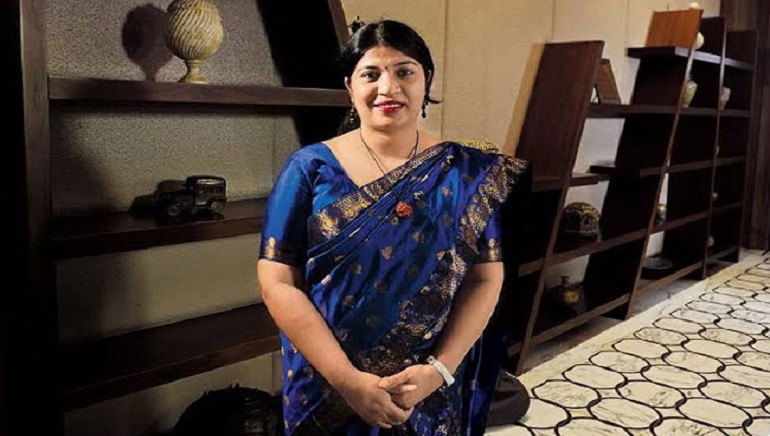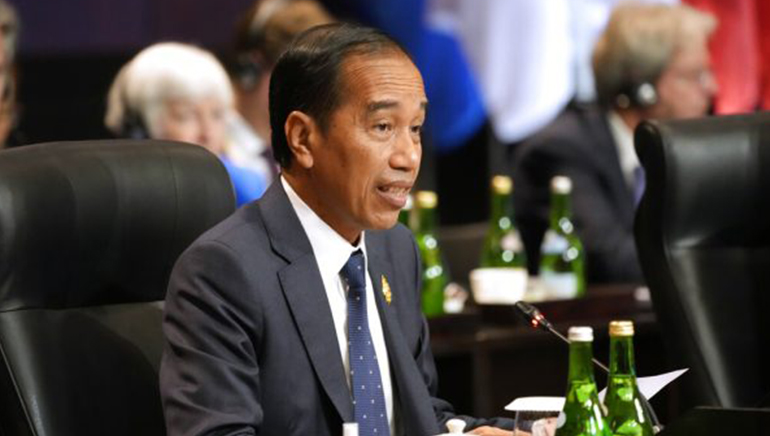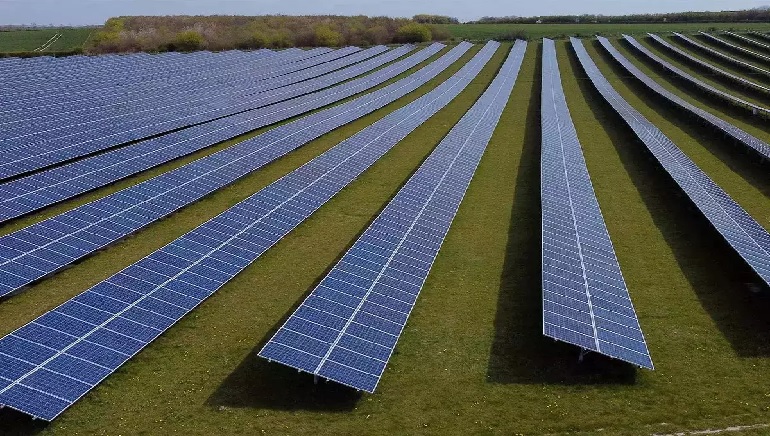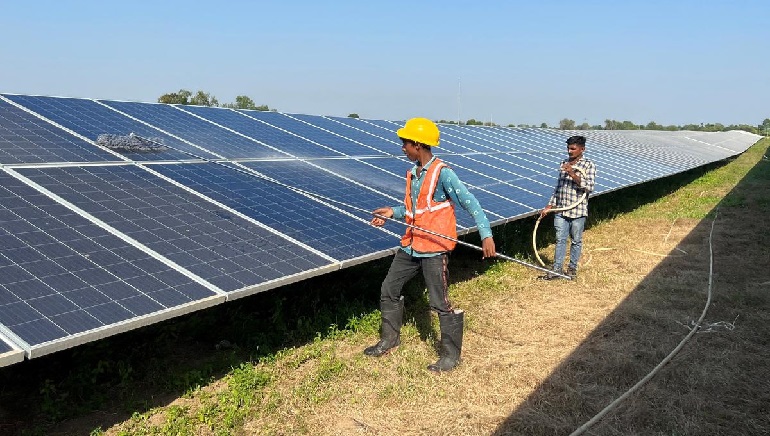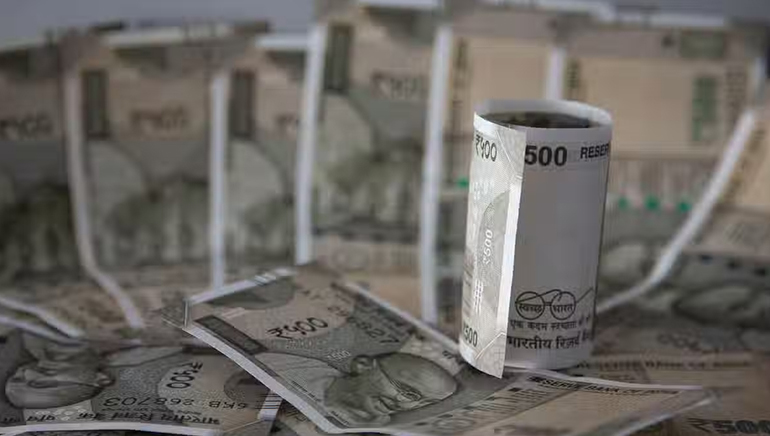Indian wildlife biologist Dr Purnima Devi Barman is among the winners of United Nations Environment Programme’s (UNEP) 2022 Champions of the Earth award. The UN’s highest environmental honour is given for an individual’s work to avert, stop, and undo ecosystem degradation. She has been honoured with the award in the Entrepreneurial Vision category.
Dr Barman is the leader of Hargila Army, an all-female grassroots conservation movement dedicated to protecting the Greater Adjutant Stork from extinction in Assam. The women create and sell textiles with motifs of the bird in their attempt to raise awareness about the species while trying to become financially independent.
The endangered Greater Adjutant (Leptoptilos dubius), which was once well distributed in South East Asia has witnessed a massive decline of its population and is currently known to breed only in the Indian state of Assam and Cambodia. It is the second-rarest stork species in the world.
The UNEP website said that to protect the stork, Dr Barman knew she had to change perceptions of the bird, known locally as “hargila” (Assamese for “bone swallower”) and mobilised a group of village women to help her. Today, the Hargila Army has more than 10,000 women, who protect nesting sites, rehabilitate injured storks that have fallen from their nests, and arrange “baby showers” to celebrate the arrival of newborn chicks. The greater adjutant stork regularly features in folk songs, poems, festivals and plays.





